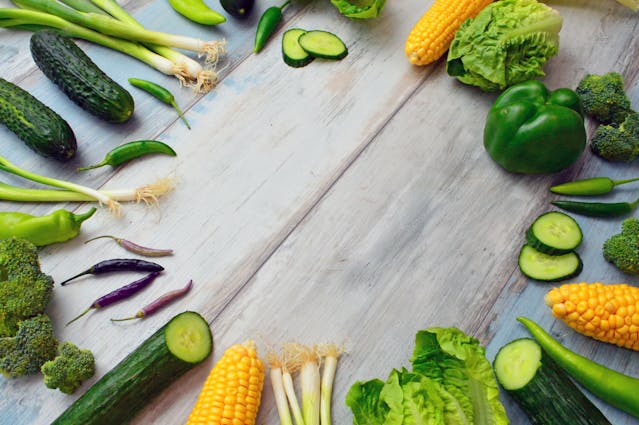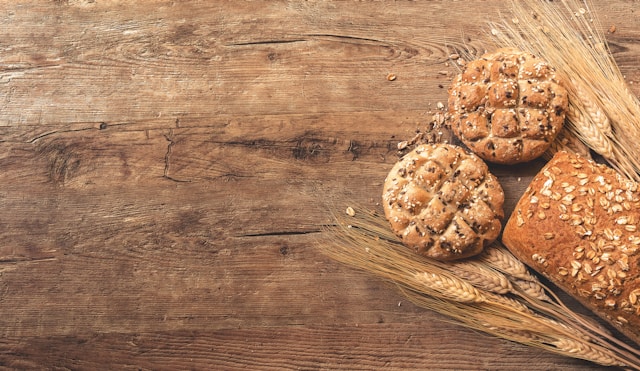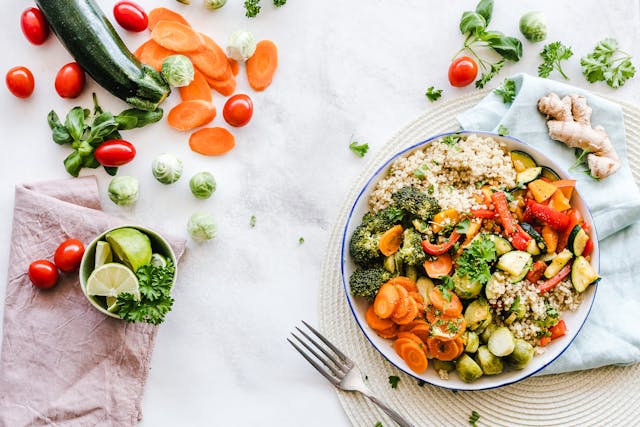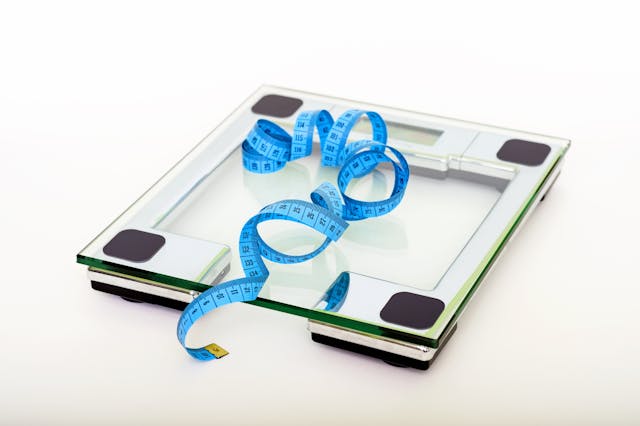
Blog
The 10 Nutrition Myths And Facts

Over the years, we have heard about many myths about nutrition, and without a second thought, we believed them. In fact, most of these myths have been followed through the years.
But now it’s time we bring these myths about nutrition to light and bust them.
The thing is, you will see many myths through the article and be surprised you have been believing in them for so long. That’s the main part. These myths about nutrition have become a part of our lives.
So, let’s get into the details and study these misconceptions.
Myth#1: Fat is bad for health

Especially people on a weight loss diet believe you should not consume fat if you want to lose weight.
But the thing is, there are good and bad fats.
And, our body needs fats in a moderate amount, just like it needs carbohydrates and proteins to function properly. In fact, fats provide many benefits, which include:
- Help absorb fat-soluble vitamins like vitamins A, D, and E.
- Make you feel full for longer.
- Reduce the risk of developing heart disease.
- Help control blood sugar.
These are some of the benefits of consuming fats in a moderate amount. Good fats can be found in avocados, olive oil, nuts, etc.
So, instead of completely cutting fats from your life, remember that your body needs fats to function properly.
Myth#2: Only eat salads and greens to maintain a healthy weight

It’s true that salads have fewer calories and contain many essential vitamins. But that does not mean your diet should only contain salads and green vegetables.
Eating too many green vegetables will have its own side effects.
So, it’s better to keep the intake of salads in the right amount. And remember, your body also needs protein, fats, and other essential vitamins and nutrients, which are not present in salad alone.
While you should have salads in your diet, don’t overeat them.
Myth#3: Carbs are your enemy

Do you have to cut carbs to live a healthy life?
No.
Well, that is what most people believe.
Carbohydrates are essential for the body because they are the primary source of energy. Thus, eliminating carbohydrates can cause side effects like fatigue, lethargy, etc.
As carbs are one of the three macronutrients required by the body, restricting their intake might cause health issues.
The thing is, you should eat complex carbohydrates like whole grains, nuts, beans, etc. Also, it’s better to reduce the intake of simple carbs like sugar.
Myth#4: Thin people are healthier

While it’s true that obesity can put you at risk of developing diseases, it does not mean thin people are perfectly healthy.
Your weight isn’t the only thing that determines your health. In fact, whether you’re thin or not also depends on factors like your genes and gender.
So, you should not always rush to lose as much weight as possible and restrict yourself from eating for the sake of feeling healthy. The key is to maintain the optimal weight according to your age, height, lifestyle, etc.
Myth#5: Supplements can replace a skipped meal

As the talk about supplements has gained much hype, people have started to believe in myths. Now, they have started to take supplements, thinking they will make up for the skipped meals. However, this is not true.
Dietary supplements are meant to enhance the intake of nutrients and are different from conventional food. They cannot replace real food.
So, you should not keep skipping meals and keep taking supplements. It’s better to rely on natural food, and if you still need more nutrients that are lacking in your diet, you can take supplements.
Myth#6: Fat-free and diet foods are healthy

While visiting a grocery store, how often have you been tempted by the terms “low-fat” and “diet” written on several items?
The thing is, these foods may claim to be fat-free. But, some companies compensate for it by adding high amounts of sugar to them.
One study also indicated that low-fat foods contain more sugar than regular foods.
Myth#7: Everyone can follow the same diet plan

If you want to lose weight, it’s not necessary to follow a friend’s or colleague’s diet plan.
The thing is, everyone will lose weight according to their specific diet plan. You cannot just randomly pick up one diet plan and follow it to see results.
Depending on your diet, lifestyle, genes, etc., your weight loss plan will be different.
So, it’s better to consult a dietician or nutritionist for this purpose.
Also, if you want to make one yourself, you can get help from ChatGPT.
Myth#8: Eating healthy is expensive

Have you heard that healthy food is expensive?
Well, this is a common misconception. People who rely on supplements and pills might think this way.
However, you can always eat healthy on a budget.
One option is to grow your own fruits and vegetables. You can also buy good-quality vegetables from the market and cook at home.
Myth#9: A very low-calorie diet will make you lose weight

It’s true that you have to cut calories to lose weight.
But there’s a limit to it as well.
Going beyond and completely depriving your body of food will not work well.
Myth#10: Drinking fruit juice and eating fruit is the same

Drinking fruit juice is not the same as eating fruit, even if you drink fresh juice.
Fruits contain more fiber in the whole form. When you squeeze out the juice from the fruit, you also take out some fiber from it. That is why fruit contains more fiber in its natural form as compared to juice.
Also, it is believed that fruit juice is not healthier than whole fruit.
Take-away message
These were the common myths about nutrition.
Surprisingly, people still believe in these myths.
However, scientific studies and research have changed most of our perceptions about these things.
So, don’t get caught up in myths and look for sources to find out the truth.












